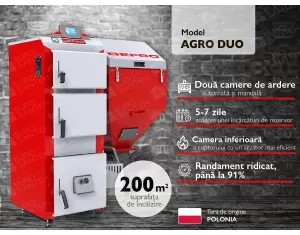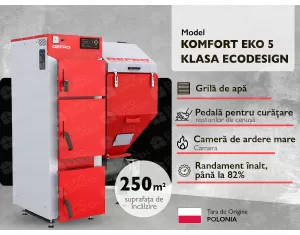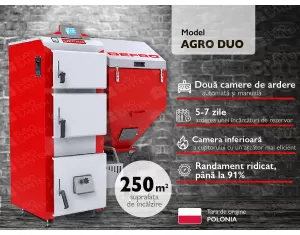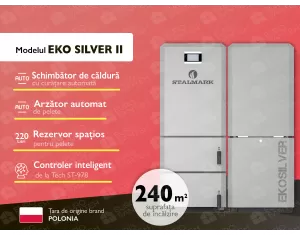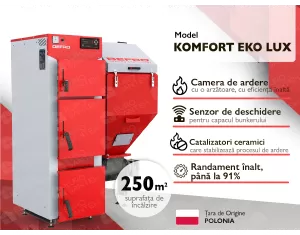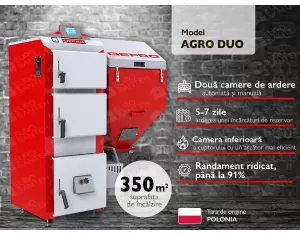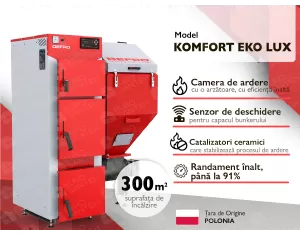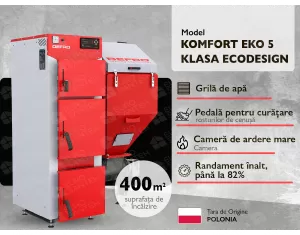Pellet boiler
In an era where energy efficiency and sustainability are paramount concerns, pellet boilers emerge as innovative solutions revolutionizing the way we heat our homes. Pellet boilers, also known as biomass boilers, represent a significant advancement in heating technology, offering both environmental and economic benefits.
So, what exactly are pellet boilers? Simply put, they are heating systems that utilize compressed biomass pellets as fuel. These pellets are typically made from organic materials such as wood chips, sawdust, agricultural residues, or even dedicated energy crops. The pellets are fed into the boiler, where they undergo combustion to produce heat, which is then distributed throughout the building via a central heating system.
One of the primary advantages of pellet boilers is their sustainability. Unlike fossil fuels, which contribute to greenhouse gas emissions and climate change, biomass pellets are considered carbon-neutral. This means that the carbon dioxide released during combustion is offset by the carbon dioxide absorbed by the plants during growth, making pellet boilers an environmentally friendly heating option.
Moreover, pellet boilers offer exceptional efficiency. Modern pellet boiler systems are highly automated, with advanced controls and sensors optimizing combustion processes for maximum heat output and minimal waste. This ensures that homeowners can enjoy consistent warmth without unnecessary fuel consumption, ultimately saving money on energy bills.
Pellet boilers also provide versatility in terms of fuel sources. While wood pellets are the most common choice, pellet boilers can also burn other biomass fuels, such as agricultural residues or even recycled wood products. This flexibility helps to diversify energy sources and reduce dependence on finite fossil fuels, promoting energy security and resilience.
Furthermore, pellet boilers are compatible with existing heating systems, making them a convenient option for retrofitting older homes or upgrading outdated heating systems. Whether used for space heating, domestic hot water production, or even heating swimming pools, pellet boilers offer a reliable and efficient solution for a wide range of applications.
Maintenance requirements for pellet boilers are generally minimal compared to traditional heating systems. Routine cleaning of ash and periodic servicing of components ensure optimal performance and longevity, allowing homeowners to enjoy trouble-free operation for many years.
In conclusion, pellet boilers represent a sustainable and efficient heating solution for modern homes. By harnessing the power of biomass fuels, these innovative systems offer environmental benefits, energy savings, and reliable performance. As society continues to prioritize sustainability and energy efficiency, pellet boilers are poised to play a crucial role in shaping the future of home heating.
